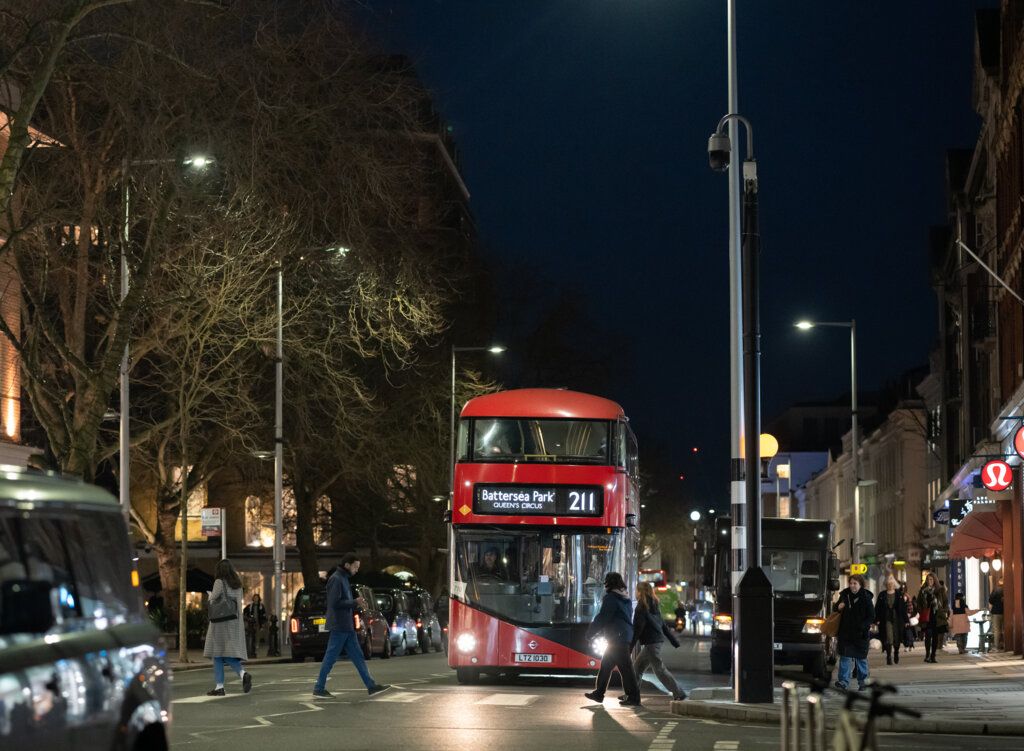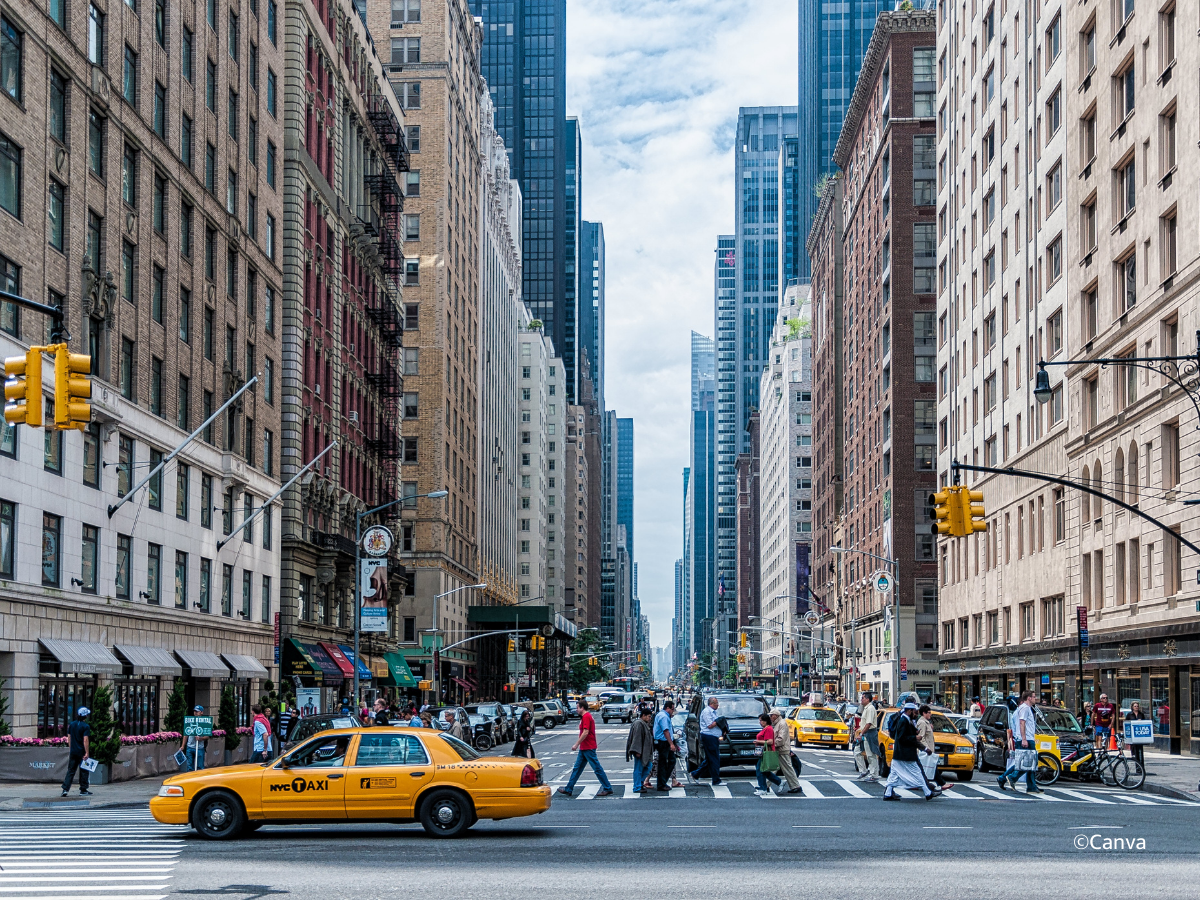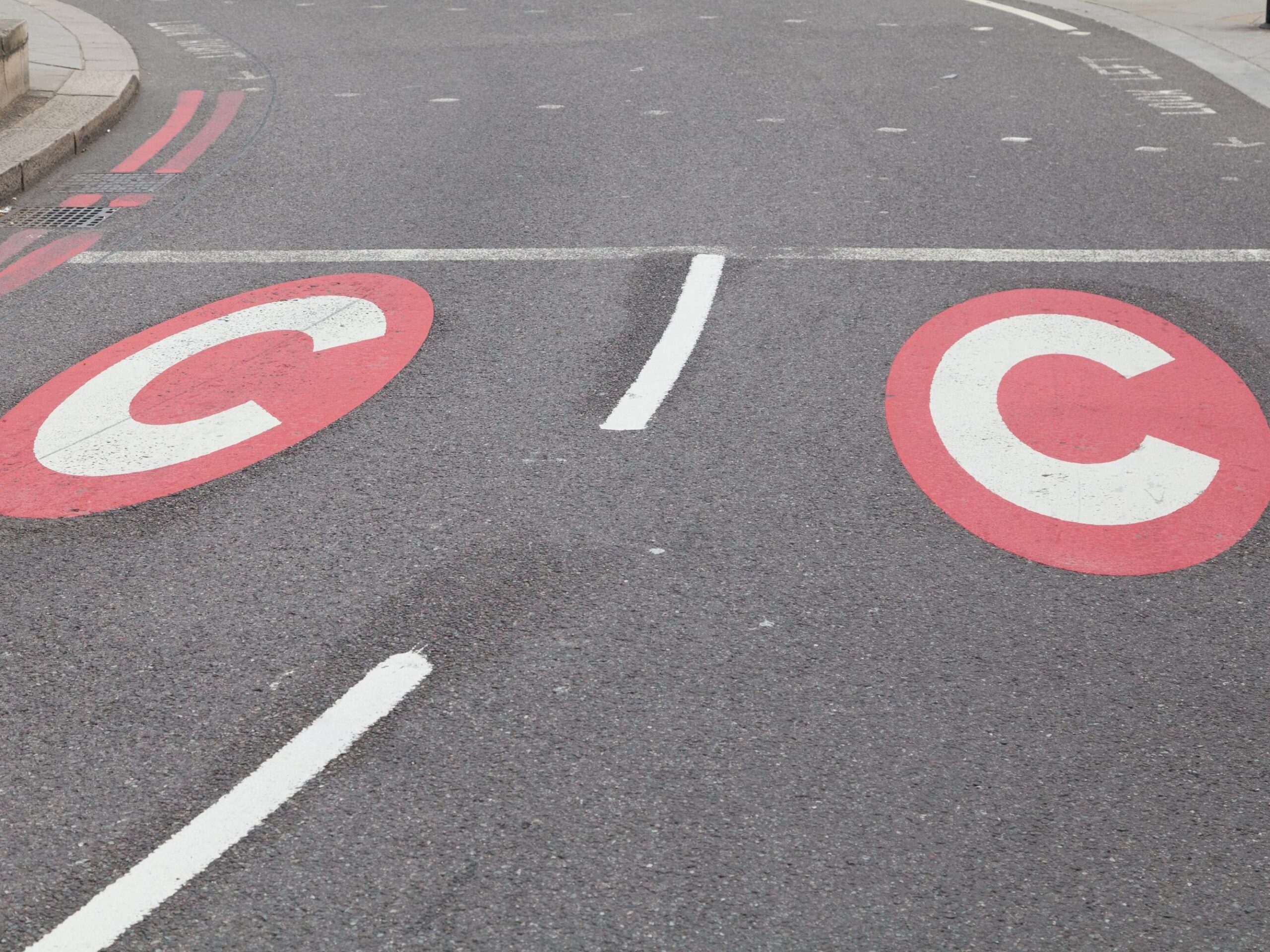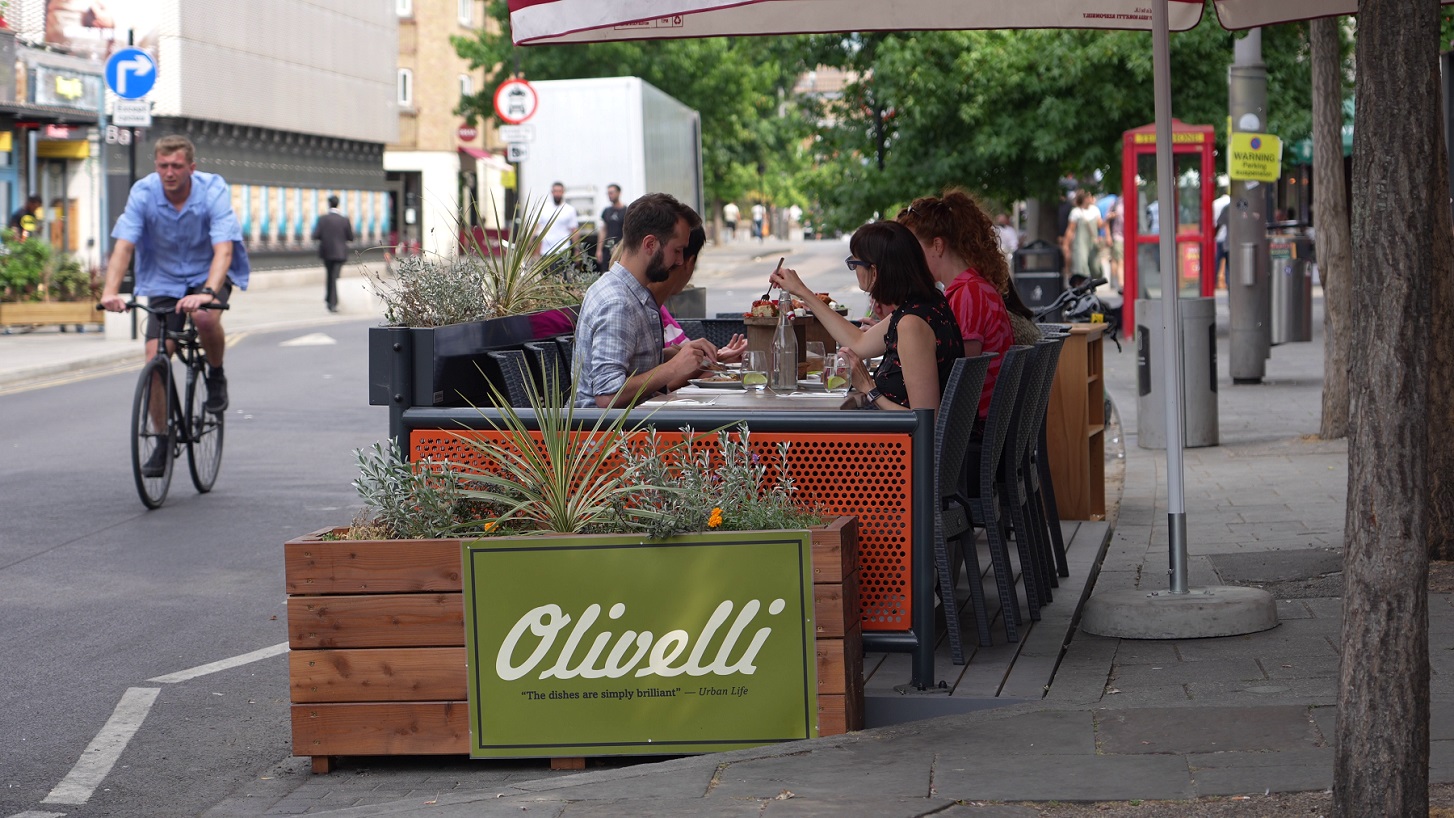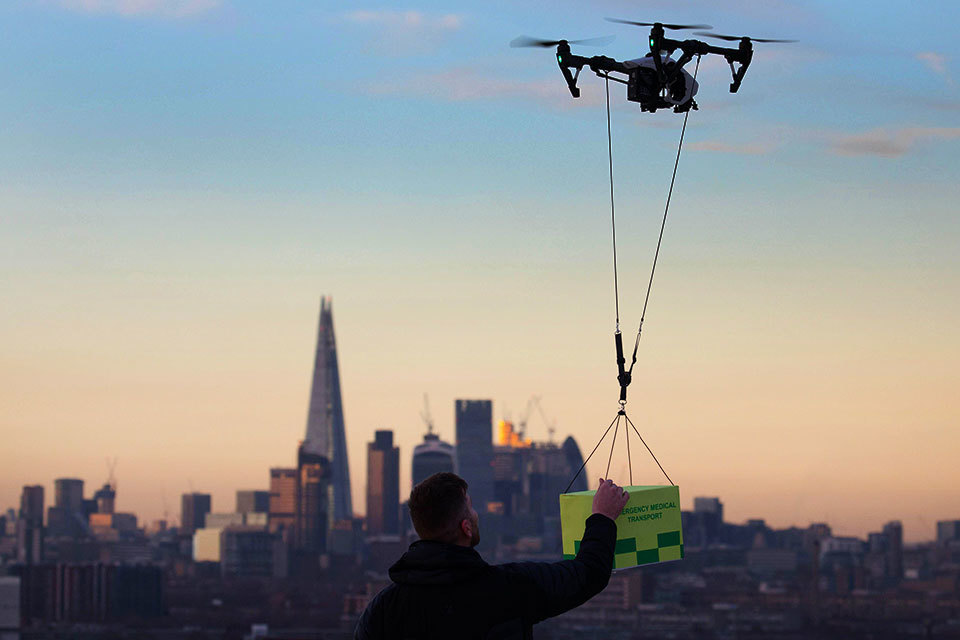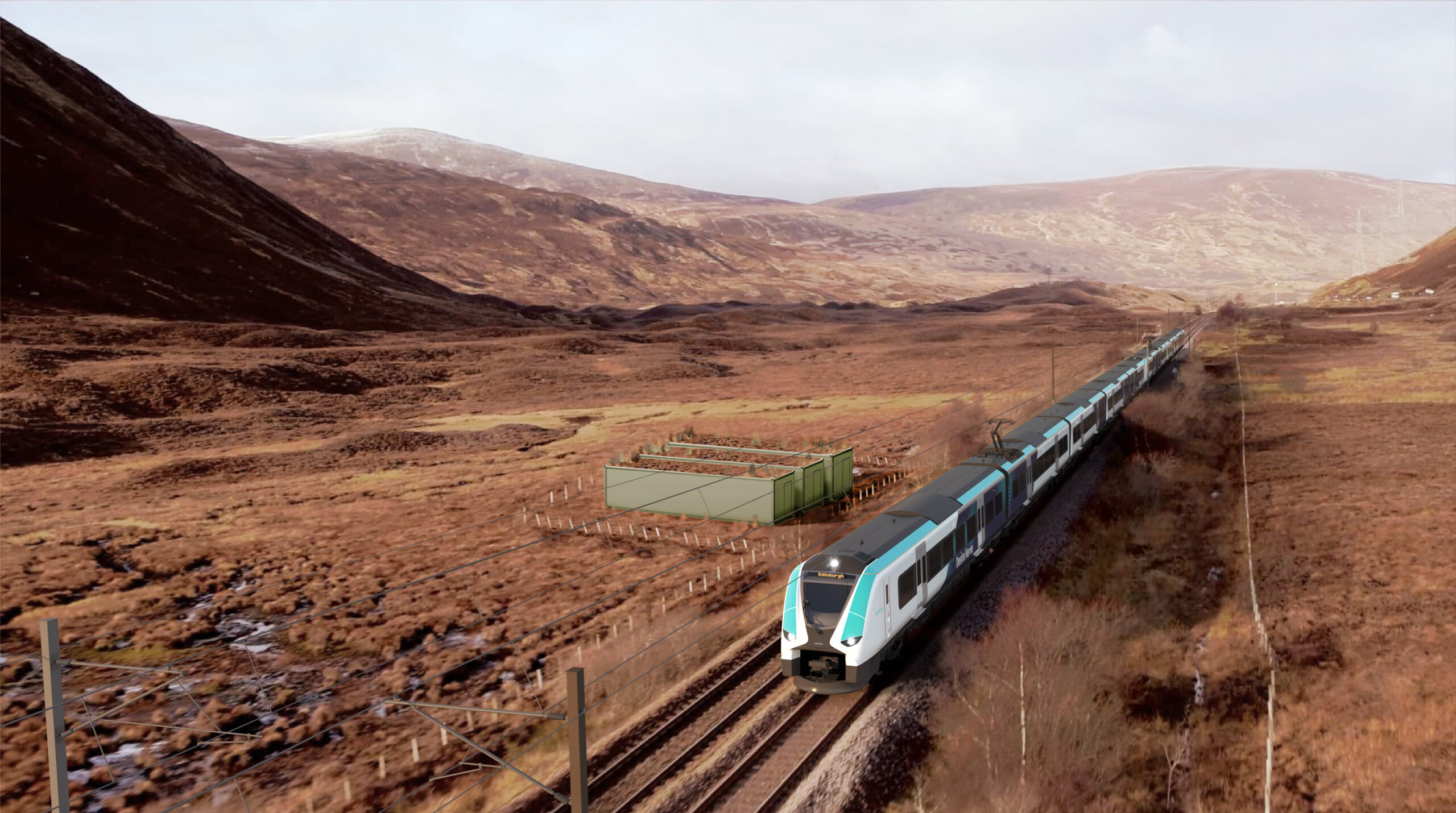The City of London Corporation has announced that restrictions on Britain’s first 24/7 ‘zero-emission street’ could be introduced permanently.
Beech Street initially closed to all petrol and diesel vehicles for an 18-month experiment from March 2020. This trial aimed to combat local pollution and significantly reduce levels of harmful nitrogen dioxide emissions.
Nitrogen dioxide emissions are exhaust emissions produced by vehicles with internal combustion engines. Exhaust emissions are one of the types of vehicular emissions causing pollution, the others being evaporative emissions, which come from a vehicle’s fuel system, and abrasion emissions, which are produced from the mechanical abrasion and corrosion of vehicle components, such as tyres and brakes.
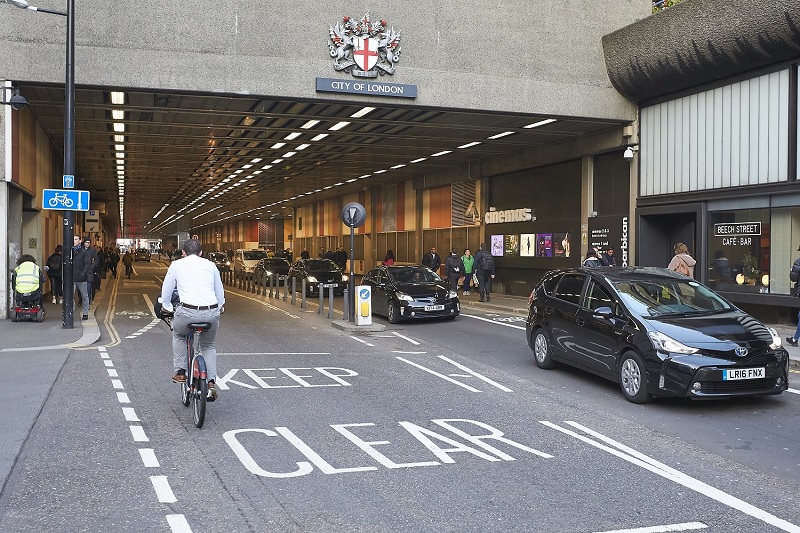
The governing body is now consulting on proposals to ban vehicles producing polluting exhaust emissions from the street permanently, with the exception of delivery vehicles, those accessing car parks and forecourts, and rubbish collection services.
Unlike the previous trial, all traffic would be allowed to turn left into Beech Street from Golden Lane. This change has been made in response to feedback from Islington Council.
City of London Corporation Streets and Walkways Sub-Committee Chairman Graham Packham said:As an enclosed, tunnel-like thoroughfare, Beech Street has long had the unenviable record of being one of the most polluted streets in the City, with unacceptably high levels of nitrogen dioxide.
Like the previous trial, the scheme we’re proposing would have a significant effect on reducing pollution levels and improving air quality in this part of the Square Mile.
Doing nothing is not an option – we need to take radical action to ensure residents, workers and visitors to the City can breathe clean, healthy air.
During the 18-month trial, nitrogen dioxide levels dropped by 61% on Beech Street and contributed towards a 42% drop since 2016 in NO2 levels in London.
Permanent restrictions would deliver a long-term improvement in toxic NO2 levels locally.



